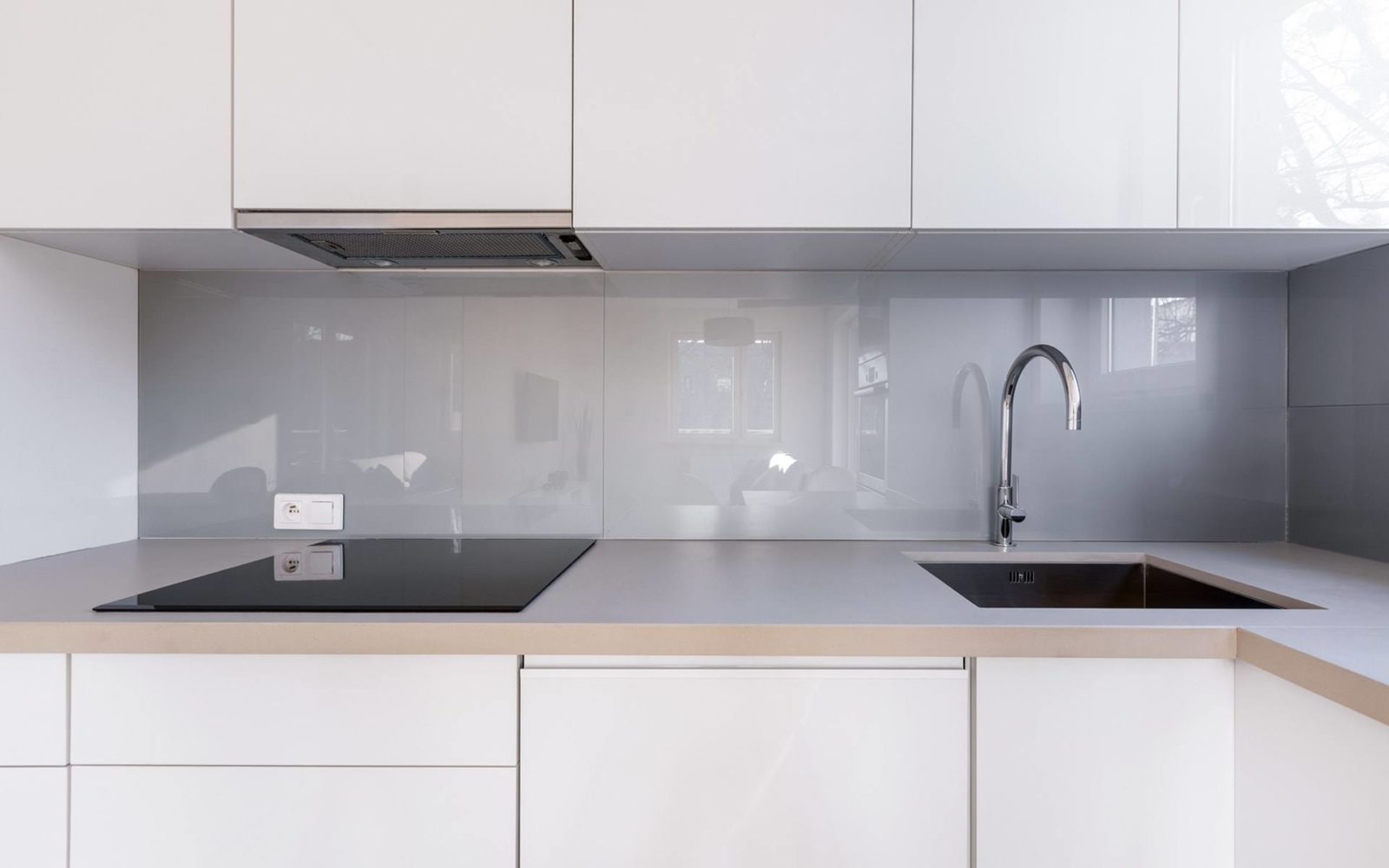
Buying property has always been a major milestone for any person, something that is often a close personal goal to achieve for all generations. Whether they are young or old, this marks a time in their life where a huge change happens, and responsibility finally hits. Owning property is a way to become a fully established adult who has a fixed commitment to something, which can often be intimidating, but also acts as a highly valued investment and accomplishment.
So what do the statistics say?
Generation Z appears to be destined to become homeowners at a higher rate than millennials. A survey of more than 100 economists conducted by real-estate company Zillow ZG, -2.15% and research firm Pulsenomics found that several housing experts expect the share of Gen-Z who will be homeowners in 15 years will be bigger than the share of millennials who currently own their homes in 2021, showing the possible evolution of Generation Rent to generation buy.
Generation rent
The government are aiming to morph this ‘generation rent’ into ‘generation buy’, to shorten the gap between renting and buying, and possibly even removing the renting step all together. In their recent paper ‘Helping Generation Rent become Generation Buy’ the government outlines plans to provide sustainable market solutions that help first time buyers (FTB) gain access to mortgage finance, as well as continuing the HTB Mortgage Guarantee Scheme.
The paper says action is needed on both sides of the supply-demand equation. On the supply side, it calls for a housebuilding boom to provide affordable properties on “a massive scale”. On the demand side, it says that if more homes are to be built, then people need to be able to afford them and that means having access to finance using the schemes mentioned above.
The issue with affordability doesn’t come from the generation not being able to pay monthly payments; the generation became generation ‘rent’ because of their ability to do this. However, the main issue lies with saving the chunky deposit that has historically been needed to satisfy the tough requirements insisted upon by lenders.
What effect has the pandemic had on generation rent?
Surveying more than 2,761 millennials on their current living habits and plans for the future, research conducted by Hillarys before the pandemic last year found that 38% were currently saving for their own home, 10% weren’t currently saving for their own home but wanted one someday, 18% already owned their own home, and the remaining 34% stated they ‘never’ want to own their own home.
However, since the pandemic this attitude has seemed to shift, in the past, millennials didn’t want to buy a home, because they were more drawn to the flexibility of changing jobs, and moving to other cities in search of better career opportunities. With work from home being the norm today, owning a physical asset has become more crucial than ever. It’s also about having a roof to live under for a safe and secure future, which seems to be the current focus for the younger home-buying generation.
For previous generations, buying a property was (almost) simple. People would work a job, save money, then buy a home and a mortgage. Now, owning a home or property could be considered more complex, with a rise in zero-hour contracts, student loans looming, as well as rail and car prices creeping up year on year.
Generation Z are making it happen
This doesn’t mean that generation Z aren’t buying homes, it just means that they’re doing things differently, for example:
Instead of renting a house or an apartment and frequently shifting homes, they’re taking a view that it is better to pay a monthly fixed amount that pays towards an appreciating asset. This new generation is once again looking at a property purchase as chance to invest and secure a future, thereby becoming a means of income for later years, and for the next generation. Although the pandemic may have seemed to make buying a property harder, it certainly hasn’t affected the appetite of generation Z when it comes to making it happen.